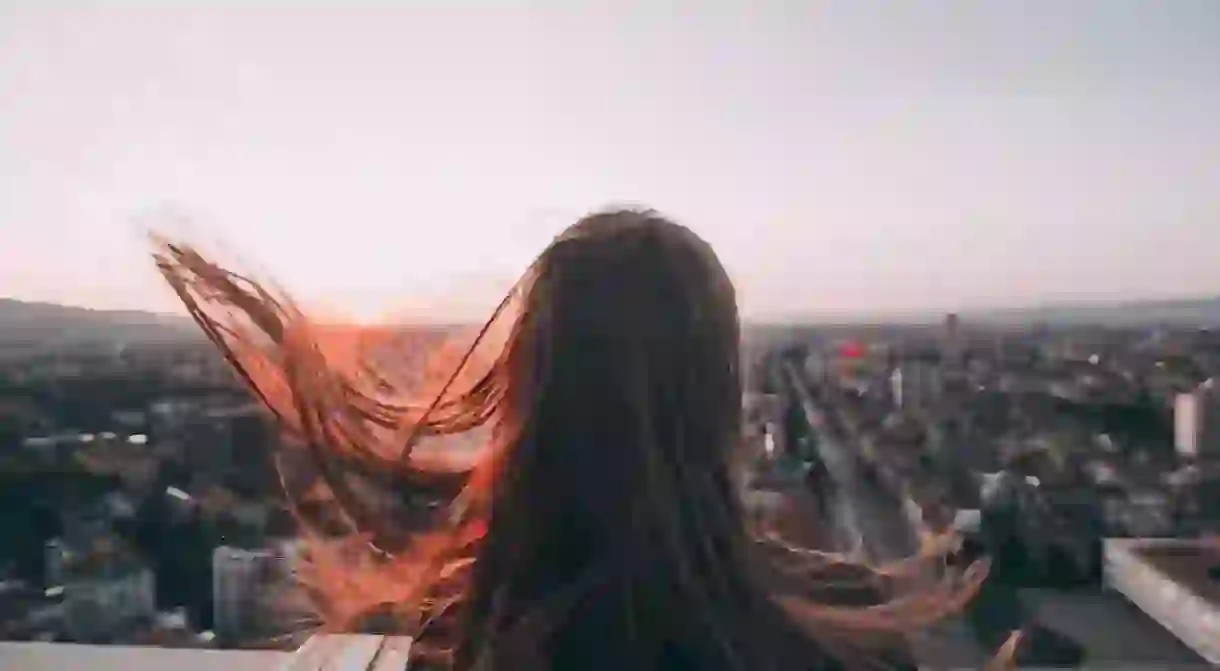What to Pack for a Trip to Bulgaria

Packing for a trip to Bulgaria is generally similar to packing for many European destinations. There are a few specific things you won’t want to forget, however, so here are a few hints to help ensure you’re well-prepared no matter if you plan a weekend city escape or a trip off the beaten path.
Cash money
Most supermarkets, big stores, and restaurants in the city centers will normally accept international credit and debit cards but don’t expect this everywhere. Very few museums, for example, accept anything but cash, and the same goes for small shops and more or less all establishments in small towns, villages, and quarters away from the centers. Cabs also accept only cash. According to Bulgarian law, only payments in levs (BGN) are legal and although they may accept euros or US dollars in some places, be advised that the exchange rate won’t be the best.

Good walking/hiking shoes
Even if you don’t plan to hike in Bulgaria (although there are views definitely worth the hike in the Balkan state), the historical parts of the cities and traditional villages are often covered in cobbled stones. Another thing you will soon notice is that the sidewalks in the country are often in a bad condition with crooked or missing tiles so watching your feet is important and high heels are not the best option.

Solid boots with soft rubber soles for the winter
Speaking of sidewalks, you will find that in winter, they are not all cleared of snow and ice, so boots with good soles are a must if you visit Bulgaria between November and February and snow is forecast.
A phrase book
Sofia, Plovdiv, Varna, and most tourist resorts such as Bansko or Sunny Beach have plenty of English-speaking staff and you will always find someone to help you buy a train ticket or find the way. This is not the case in small towns and villages, though, where you may find yourself stuck and misunderstood. Depending on your itinerary, you may want to learn a few useful phrases in Bulgarian or bring along a phrase book, just in case.
Modest, long-sleeved clothes if you visit monasteries
Although the dress code might be looser for tourists at some places, most monasteries, including the top choice of visitors to Bulgaria, the Rila Monastery, will require you to cover your knees and elbows when visiting. Anywhere else, you can dress as you like.

Clothes according to the season
Bulgaria has four seasons but the weather is often unpredictable. Bringing a small folding umbrella is a good idea in any season (although you can buy a decent one there for less than USD$10 if necessary). Winters are freezing cold in Sofia, Northern Bulgaria, and along the Black Sea coast and milder in the south (Plovdiv and close to the Greek border). Spring and autumn are usually rainy with mild temperatures, while the summer can be scorching, especially in the south.
Travel adapter
Bulgaria uses a two-prong 220V plugs (standard for most European countries). If your electronic devices are charged with a different plug, bring an adapter.
Refillable bottle
Tap water is safe to drink all over Bulgaria unless there is a special sign, which happens very rarely, in most cases at roadside gas stations. Not only do you not need to buy bottled water but in many Bulgarian cities, including Sofia, you can pour mineral water for free from street drinking fountains.
Swimming suit (even in winter)
Bulgaria is rich in mineral springs and even in winter, you will find many hotels offer warm indoor swimming pools or spa centers with affordable beauty and therapeutic services.













